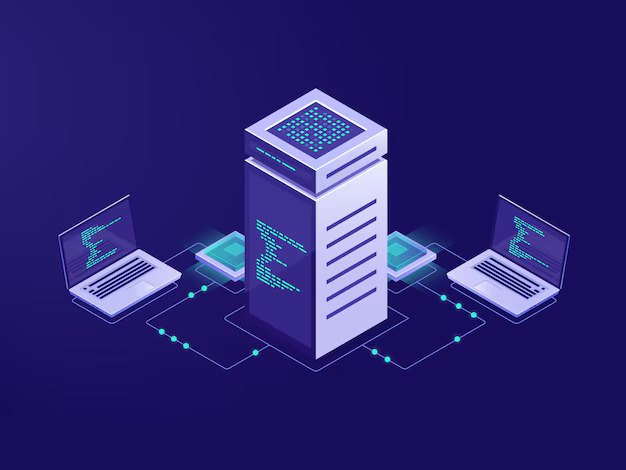Understanding effective strategies for ensuring API security is crucial in today’s digital landscape. APIs, or Application Programming Interfaces, serve as vital conduits for data exchange between different software applications, making them attractive targets for cyber threats.
To safeguard these interfaces, organizations should implement a multi-layered security approach that includes authentication, authorization, encryption, and regular security assessments.By employing robust authentication mechanisms, such as OAuth or API keys, businesses can ensure that only authorized users have access to their APIs, thereby reducing the risk of unauthorized access.
In addition to strong authentication practices, it is essential to enforce strict authorization protocols.This involves defining user roles and permissions to control what data and functionalities each user can access.Implementing rate limiting can also help mitigate the risk of abuse by preventing excessive requests from a single user or IP address, which can lead to denial-of-service attacks. Furthermore, employing encryption for data in transit and at rest protects sensitive information from being intercepted or compromised during transmission, adding an additional layer of security.
Regularly conducting security assessments and audits is another best practice that organizations should adopt to maintain API security.This includes vulnerability scanning, penetration testing, and code reviews to identify and address potential weaknesses in the API infrastructure. Keeping software and dependencies up to date is equally important, as outdated components can introduce vulnerabilities that attackers may exploit.By fostering a culture of security awareness and continuously monitoring API usage, organizations can better protect their digital assets and maintain the integrity of their systems.

